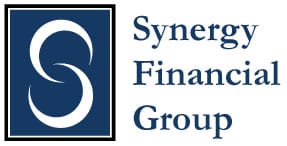As a consumer looking to refinance or purchase a home, we know there are a lot of mortgage options available. One of the more common decisions is deciding whether to go with a fixed rate or an adjustable rate. Truth be told, it depends.
Adjustable-rate mortgages (ARMs) are mortgages that are amortized over 30 years and carry lower initial interest rates for a set period of time before they begin to adjust. ARMs are offered with terms such as five years (5/1 ARM), seven years (7/1 ARM), or ten years (10/1 ARM).
For example, a 5/1 ARM has a fixed-rate mortgage amortized with a 30-year payment for the first five years. Once the initial term is up, the rate will soon begin to adjust based on current market rates and the caps that were set at mortgage inception. ARMs can be refinanced just like any mortgage and qualifications are based on the same mortgage processes.
An ARM could be a good choice for borrowers who are:
- Looking to sell their home after a short period of time.
- Planning to pay down the mortgage faster with a lower rate.
- Opting for the lower ARM rate when fixed rates are higher.
Fixed-rate mortgages have rates that do not change and remain unchanged throughout the entire loan term. Because there is no adjustment risk, interest rates on these mortgages are traditionally higher than ARMs.
These mortgages may make sense for borrowers who are:
- Looking to stay in their home for a long period of time.
- Prefer not to think about a potential rate increase.
- Opting for no pressure to refinance if the adjusted rate no longer fits into the budget.
Regardless of what you decide, talking with your loan officer about how ARM and fixed-rate mortgages work, the differences between the two, and the benefits of each is a great place to start.
Source: Mortgage Market Guide
We are ready to help you find the best possible mortgage solution for your situation. Contact Sheila Siegel at Synergy Financial Group today.







